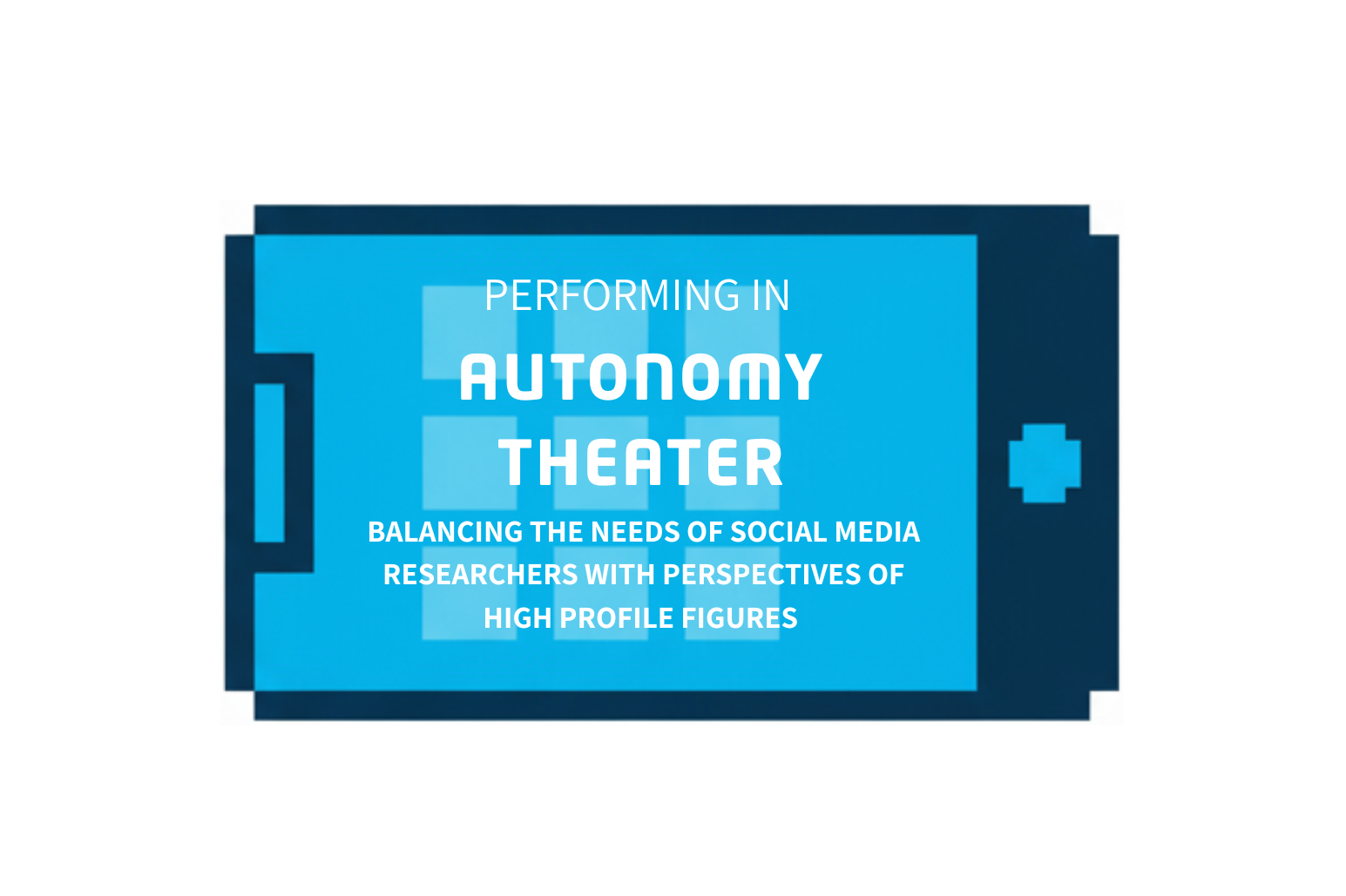Publicly available social media data has become increasingly important for understanding issues of public interest. As voluntary researcher access to such data becomes more restricted, policymakers have proposed mandates requiring large platforms to share high reach public data with researchers through mechanisms we call public content libraries. Although this data is often described as less sensitive, the collection and use still raises meaningful privacy and ethical questions. This study explores how individuals most represented in these datasets—high profile figures—perceive their own privacy, the privacy of others, and researchers’ use of public social media content. Drawing on 18 in-depth interviews, we find that high profile figures actively manage physical, emotional, and financial boundaries online, adjusting their posting practices based on their experiences. Participants understood their content was public and circulating through a suite of third party marketing tools. Despite this increased awareness of third parties, high profile figures still prefer "autonomy theater,” an understanding that data ethics practices may seem performative in a world of near ubiquitous surveillance but nonetheless acknowledge individual's autonomy—which researchers and journalists working in the public interest to disseminate information that is trusted should not ignore. To perform in autonomy theater, researchers and policymakers may understand that a high profile figure’s expectations of privacy are low, even for deleted posts and bystanders in their content, but still take steps to protect individuals when possible and reasonable—aiming to balance the needs of social media researchers with the perspectives of high profile figures. We conclude with a series of recommendations for researchers working with social media data and policymakers who mandate that platforms offer some type of public content library.


